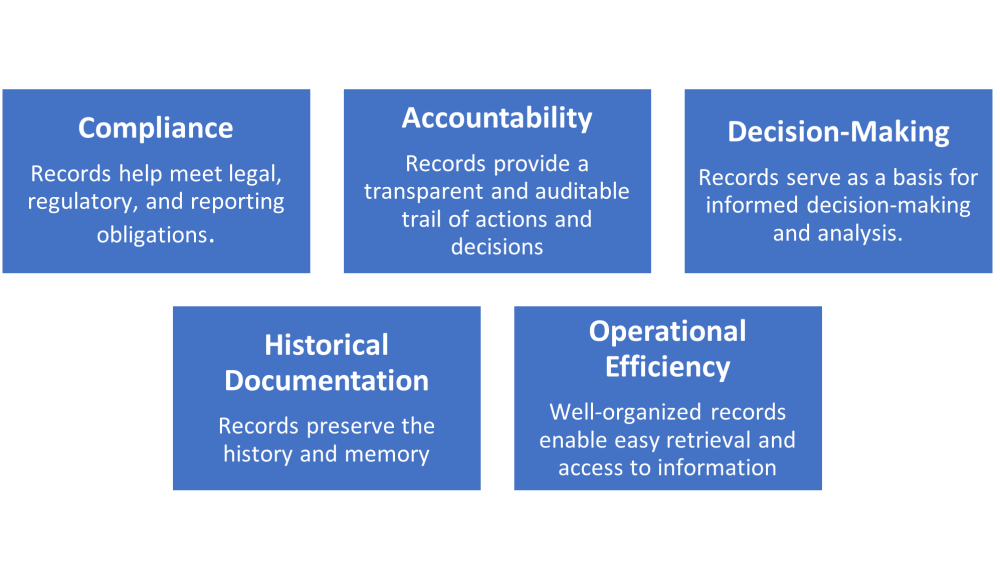Documentation is important because it facilitates effective communication and collaboration, preserves knowledge within your Club or Branch, maintains consistency and standardisation and supports compliance with legal and industry requirements.
Types of documents
Common types of documentation that SLSQ clubs may need to complete and keep:
- Constitutions and By-Laws
- Minutes of Meetings
- Policies
- Procedures
- Membership Records
- Financial Records
- Annual Financial Reports
- Insurance Policies
- Incident and Accident Reports
- Risk Assessments
- Patrol Service Agreements
- Volunteer and Employee Records
- Privacy and Consent Documentation
- Compliance documentation
- Legal and contractual agreements
- Attendance sheets for anu club activities
Record Keeping
Record keeping is the practice of creating, managing, and maintaining documents and records that provide evidence of an organization’s activities, transactions, decisions, and compliance with legal and regulatory requirements. Effective record keeping is essential for efficient operations, legal compliance, and historical documentation. Here are some key aspects of record keeping:
Importance of Record Keeping:
Archiving documents
There are various requirements and recommendations regarding the archiving and retention of documents. While specific requirements may vary depending on the nature of the organisation and the type of documents involved, here are some general guidelines:
| Australian Taxation Office (ATO) | The ATO has specific requirements for retaining financial records. Generally, businesses are required to keep records related to taxation for a period of at least five years, including income tax returns, financial statements, and supporting documentation. |
| Australian Securities and Investments Commission (ASIC) | ASIC requires companies to retain certain corporate records, such as financial reports, accounting records, and minutes of meetings, for a minimum of seven years. |
| Australian Charities and Not-for-profits Commission (ACNC) | ACNC recommends that registered charities retain important documents, such as governing documents, financial records, and records of donations, for a minimum of seven years. |
| Employment and Workplace Regulations | Various employment and workplace regulations may require organisations to retain employee records, such as contracts, pay records, and leave records, for a specified period. These requirements can vary depending on the type of record and the relevant legislation. |
When archiving documents, it is important to ensure they are stored securely to maintain their integrity and protect sensitive information. Consider using appropriate storage methods, such as secure filing systems, electronic document management systems, or off-site storage facilities.
It is advisable to consult the specific legislation, regulatory bodies, and seek professional advice or legal counsel to determine the exact requirements and recommendations for archiving documents applicable to your circumstances.
| Club Tip It is not specified as to whether the records are to be kept in paper (hard) copy of electronic (soft) copy, therefore, whichever achieves the requirement to retain for the required years should be accepted. |
Club Documents
There are quite a few documents your Club or Branch should have on file (in hard and soft copy) for easy accessibility so when required, you can access the information with ease.





Post your comment on this topic.